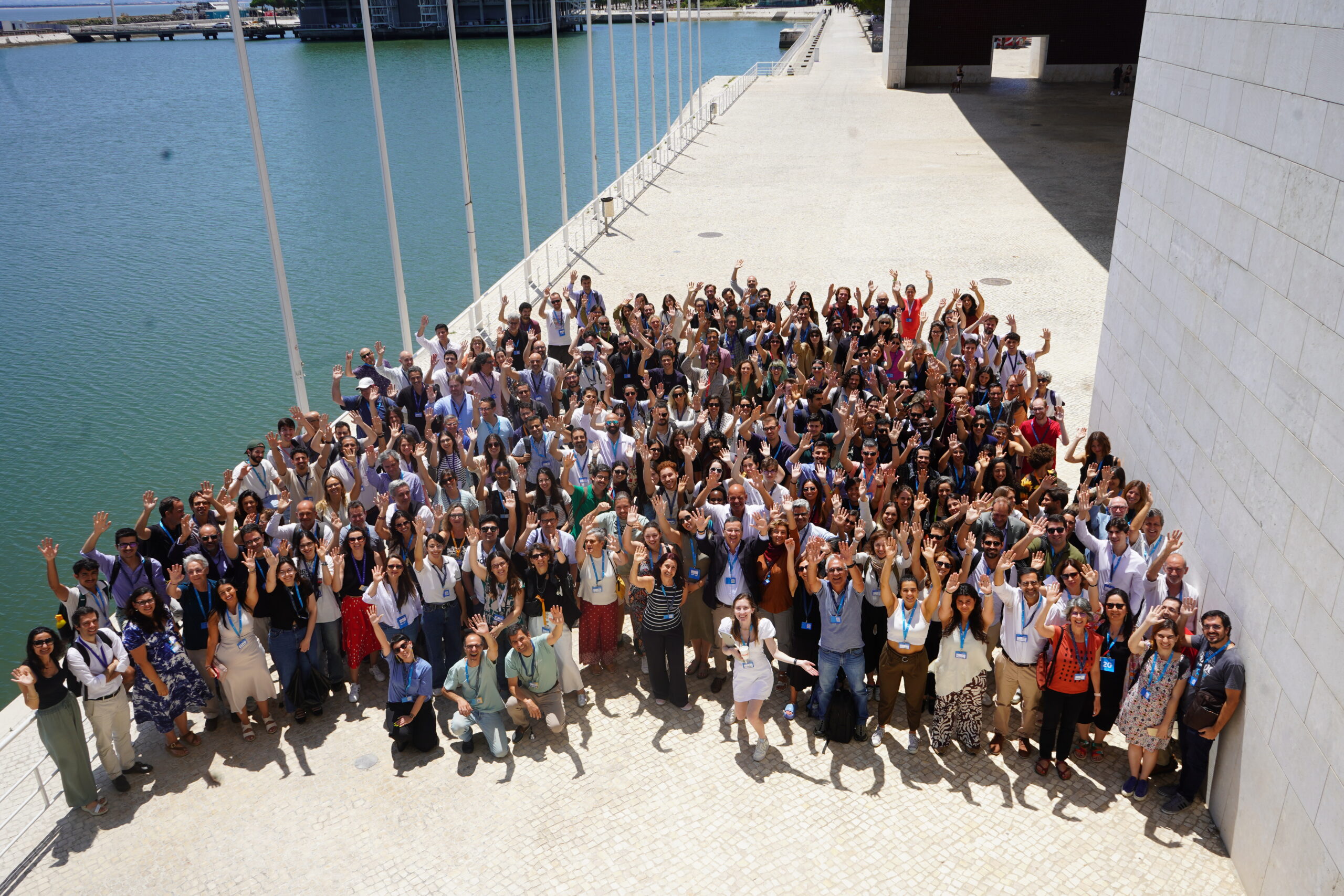The project IQ-BRAIN (Improving QMRI By Realizing trustworthy integration of AI in Neuro-imaging) has received 4 M euro of funding under the Marie Skłodowska-Curie Actions of the Horizon Europe programme. Starting in December 2024, IQ-BRAIN aims to enhance quantitative MRI by integrating cutting-edge artificial intelligence (AI) in a trustworthy way to develop faster, improved and reliable neuro-imaging tools. With this European funding, IQ-BRAIN will attract 16 doctoral candidates for an international, interdisciplinary and intersectoral research & training programme in leading European academic institutes, hospitals and companies.
About IQ-BRAIN
IQ-BRAIN focusses on the need for accelerated and trustworthy AI-supported quantitative MRI (qMRI) technology for neuroimaging applications. qMRI is a relatively recent MRI tool that cannot only visualize, but also precisely measure brain features, including tissue properties. However, key barriers that limit its implementation in clinical practice remain, such as long acquisition times and a lack of trust in new AI tools for qMRI. The IQ-BRAIN project will develop faster qMRI methodology with integrated, trustworthy AI-solutions for neuro-imaging applications, significantly advancing brain research and medical imaging. Through a dedicated doctoral training programme, IQ-BRAIN will prepare the next generation of qMRI specialists trained in the different aspects of the qMRI-neuroimaging pipeline, that can bridge the gap between qMRI method development and clinical need.
About the IQ-BRAIN consortium
IQ-BRAIN will be implemented by a leading consortium of carefully selected international partners with complementary expertise and skills in both qMRI and AI research as well as in training of researchers. The project will be coordinated by Prof. Jan Sijbers of the University of Antwerp and relies on intensive collaboration between twelve beneficiaries and seven associated partners, from academia to hospitals and industry, spanning a total of six countries.
The IQ-BRAIN consortium will consist of twelve beneficiaries: University of Antwerp, Ghent University, Erasmus MC, Amsterdam UMC, Instituto Superior Técnico, Forschungszentrum Julich, Technische Universität München, Helmholtz Zentrum München, Oslo University Hospital, Siemens Healthineers, Icometrix and Bruker Biospin. In addition, seven associated partners will join the consortium: King’s College London, GE Healthcare, NordicImagingLab, University Hospital Antwerp, RWTH Aachen University, University of Amsterdam and University of Oslo.


